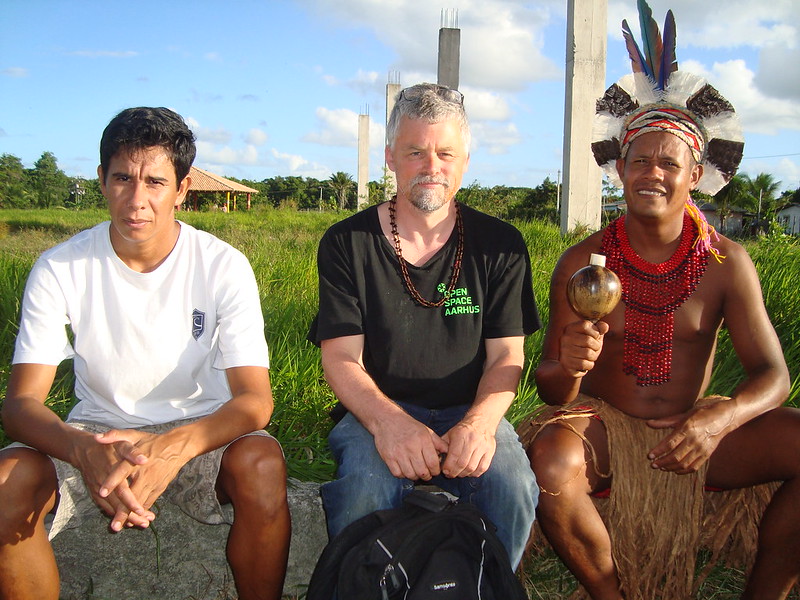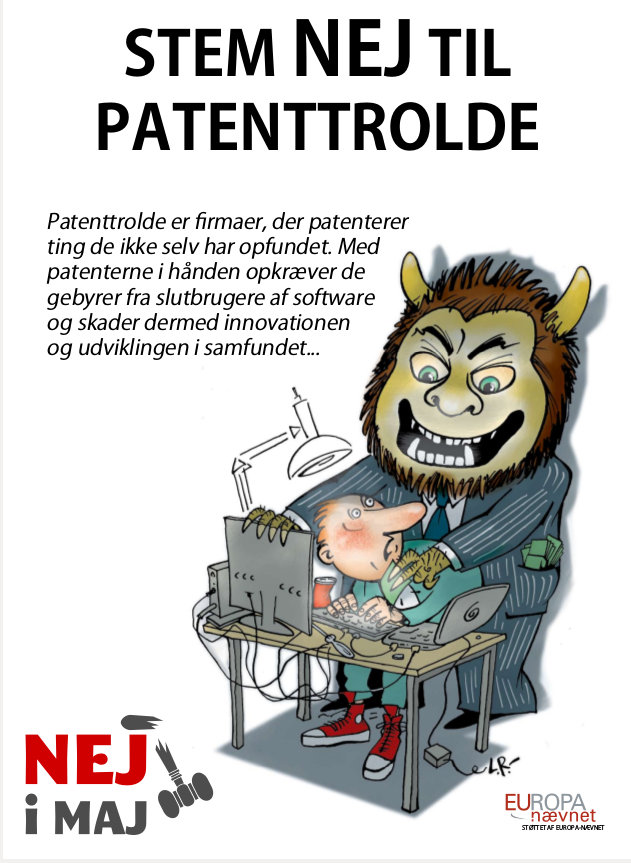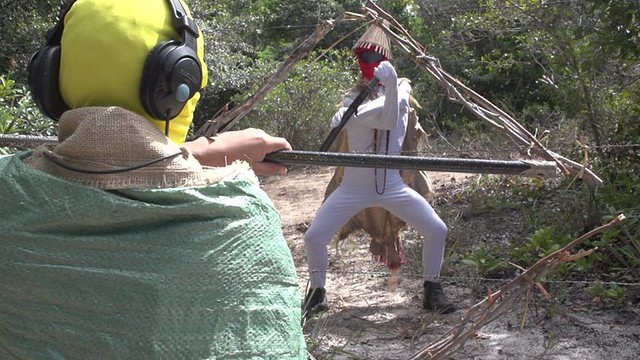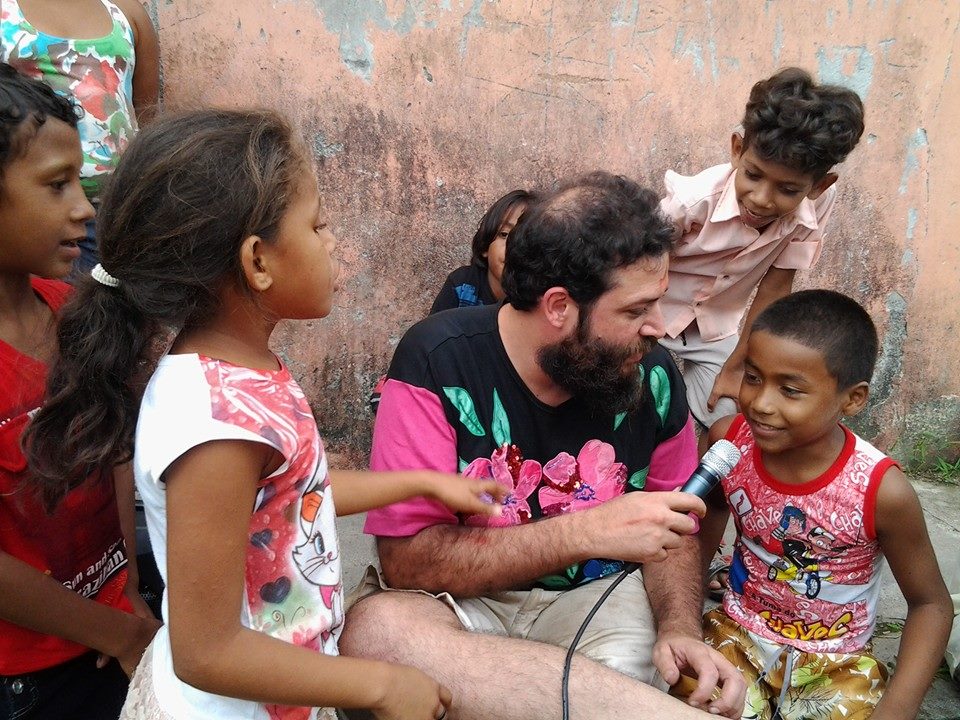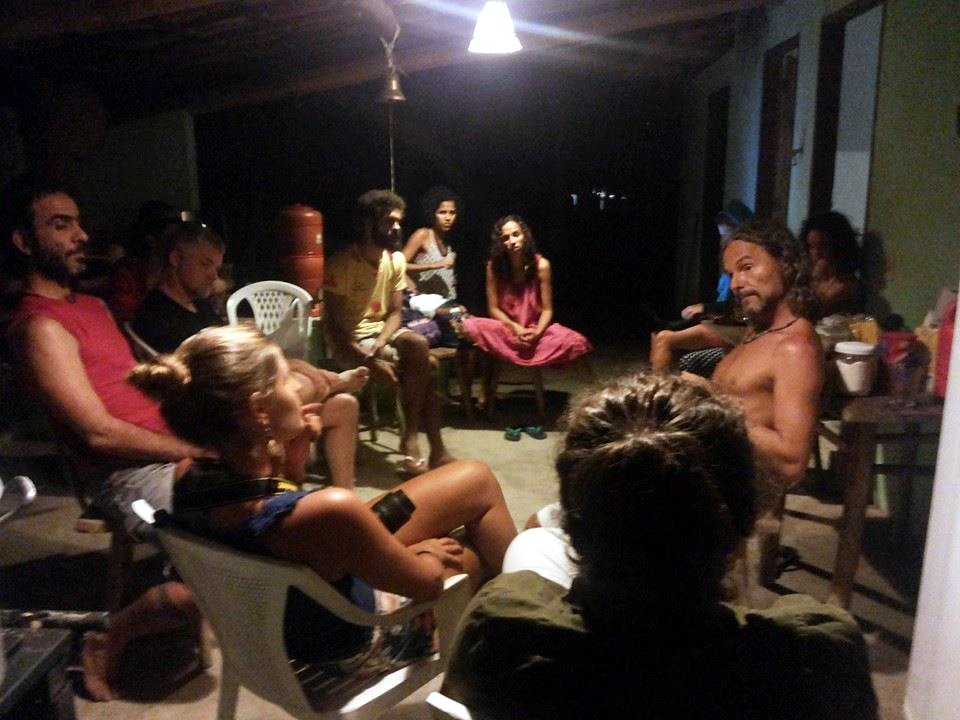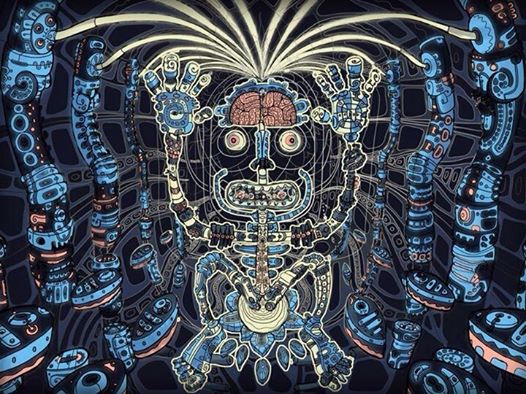Call for Papers for Book on Technoshamanism
From July 1st till October 30th we are accepting materials for our forthcoming publication TECHNOSHAMANISM. It will be a bilingual edition (in Portuguese and English) and is published as a collaboration between editors in Brazil and Denmark.
We are inviting papers on the subjects of technoshamanism, animism, indigenous people’s culture and rights, shamanic practices, biodiversity, agroforestry, permaculture, retelling of shamanic experiences, hallucinogenic plants, indigenous struggle, DIY culture, science and technology, art and electronics, transhuman interfaces based on technological gadgets, and any other topic related to the broader concept of technoshamanism.
The publication will discuss the issue of ancestral knowledge and new technologies and will pursue ecological alternatives as well as models and aesthetics to obtain new parameters for acting in the world in an era where not only the water supply, but also the very existence of forests and their peoples, of nature itself, are at risk.
We are accepting articles as well as fiction or techno fiction, images, comics, photonovels and any other suitable means of expression, as long as they are no longer than ten pages for each person or group. The publishing, in print as well as online, will be taken care of by the technoshamanist network. We will accept submissions in English, Portuguese and Spanish.
Please send your material to the following email address: xamanismotecnologico@gmail.com
On behalf of all editorial staff
Fabiane Borges
Carsten Agger


